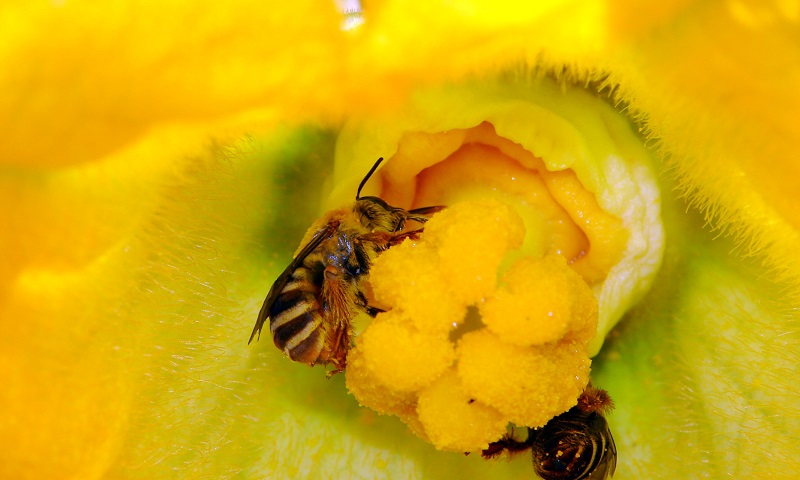
Porini is a civil society organisation that has, over the last ten years, assisted different indigenous communities in Kenya in the areas of community ecological governance, food and seed sovereignty and earth jurisprudence. Our current flagship programme is called Zwadi Ya Porini (Gift of Nature) that is championing an African honey trail.
African Honey Trail
Initially, Porini’s focus was in the northern deserts of Kenya, by creating an African Honey Trail that joins the biodiverse mountain areas from the sacred Mt Kenya, Lolokwe, Ngurnit, Mt Nyiro, the Ndotos- Ngurnit, Mt Kulal, Hurri Hills and on to Mount Forole on the border of Kenya and Ethiopia. The African Honey Trail has raised awareness of bees and nature, creating intercultural tolerance and wealth through the sale of honey and other bee products as well as restoring ecosystems and crop yields.
Poverty Eradication in the Community
Porini's project addresses almost all of the sustainable development goals. The demand for honey and other bee products such as Beeswax exceeds supply and communities are already benefiting, as even at the local level community market, bee products are sold as soon as they appear at the market place. Hence if we are mindful of our ecosystems then farmers, pastoralists and hunter gatherers can all benefit and eradicate poverty.
Sale of bee products is at the top of our market economy as bees produce the only food that does not perish. Bee products have a long shelf life, as well as medical and food value so communities have benefited from beekeeping and will continue to do so as long as their ecosystems are safeguarded. Medical are also reduced.
Bees have existed for more than 100 million years and have demonstrated that communities can depend on their resilience and are also sustainable. Poverty eradication is possible. The more the hives, the more communities are able to eradicate poverty.
Mount Ngiro - The Supremacy of the Bee
Laiboni (Diviner) Lesikoe Olmarato is a descendant of the great Lempurruk, his hunter/gatherer ancestor of Boran descent. They all once lived in caves of the sacred Mt Ngiro and adjacent Mt Mara. Culturally they compromised their ways and were appropriated by the Boran and Samburu. They sought their acceptance by exchanging forest honey and tobacco for livestock to avoid hostilities and being ridiculed as poor.
With glowing misty eyes, Laiboni Lesikoe spoke with passion and reverence for the bee. He is disheartened with modernity and claimed that people have become arrogant and no longer regard honey as an essential food or medicine, as we all buy food from dukas (shops). The bee has been forgotten and its habitat destroyed, much to our own detriment as we are faced with new diseases and loss of botanical knowledge and connection.
Honey is vital, especially for use in postnatal care for women and infants and for rituals. Laiboni Lesikoe notes that anyone can keep bees and there is nothing preventing anyone from keeping bees. Laiboni Lesikoe cautioned us saying that the bee is the greatest Diviner of all and provider for mankind, but we may never understand the wisdom of the bee.
Lessons Learned and Recommendations for the Future
We have forgotten about the bee and we must advocate for its ability to live in harmony with nature. We must respect bees for our own good; we can prosper and also live in a sustainable manner for posterity. There is an urgent need to install more hives and Porini has targeted the installation of one million hives in the northern Kenyan desert in the near future. It is important for governments to support policy and laws to elevate the significance of bees and the critical role that bees play in our lives. Innovation is key, as we face challenges of modernisation and climate change.
Learn more about the Porini Association.
Learn more about our work on poverty eradication at social.un.org/poverty
 Welcome to the United Nations
Welcome to the United Nations